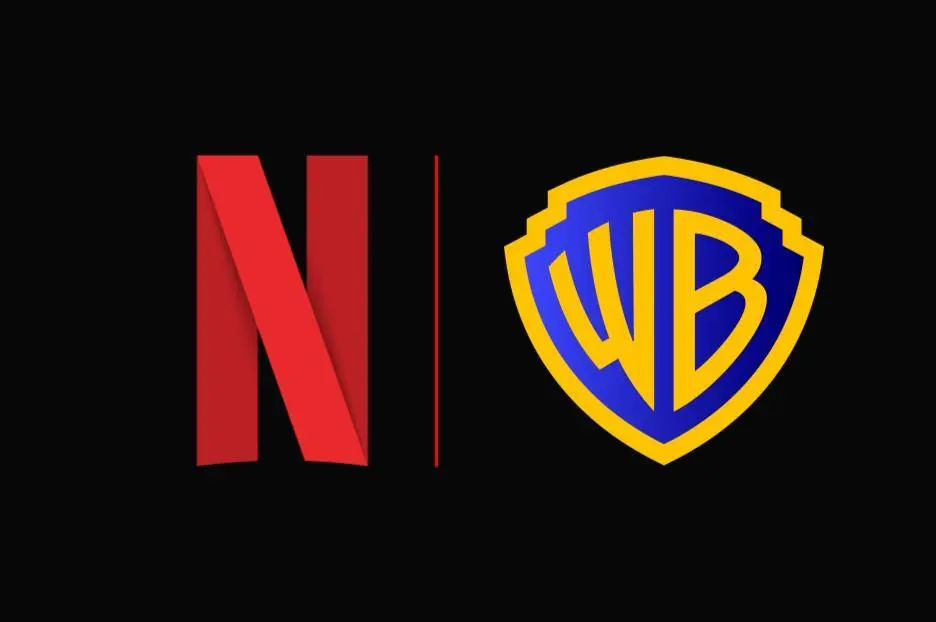Urban Investor’s Dictionary: Derivatives

Mar 21 | 2018

“Derivatives are a huge, complex issue.” – Judd Gregg
When you hear most people talk about the causes behind the Great Recession and the 2008 financial crisis, many people place the blame on derivatives. But when asked what exactly a derivative is, we’re met with stutters and stammers. In a few words, a derivative is a bet on a bet.
“We’ve used derivatives for many, many years. I don’t think derivatives are evil, per se, I think they are dangerous. …So we use lots of things daily that are dangerous, but we generally pay some attention to how they’re used. We tell the cars how fast they can go.” – Warren Buffett
Derivative: something that is based on another source.
In the world of finance, it’s a contract that derives its value not from itself but based on the performance of an underlying asset. The price of the security is based on one, or a group of underlying assets, such as stocks, bonds, commodities, currencies, interest rates, and even market indices. The derivative itself is nothing more than a contract between two parties, with the value being determined by the fluctuations in value of its underlying asset or asset group. Legend has it that the original derivative contract was between Aristotle and Thales over an olive transaction, and Aristotle wound up on the profitable end of the deal.
One of the most attractive aspects of derivatives is the flexibility in their structuring.
Because the contract does not involve the purchase or holding of an actual asset, terms can be completely modified as the parties see fit. You simultaneously relieve yourself of ownership of an actual asset, while still being able to play in the market. There are a plethora of types of derivatives for all suits and purposes. In some cases, derivatives can be used to speculate the price of an asset, hedge against risk on an asset, or circumvent issues with exchange rates.
“What we have found over the years in the marketplace is that derivatives have been an extraordinarily useful vehicle to transfer risk from those who shouldn’t be taking it to those who are willing to and are capable of doing so.” – Alan Greenspan
The majority of derivatives on the market are traded OTC – or Over The Counter.
These are unregulated, and typically present a greater risk to the counter-party than do standardized derivatives. Standardized derivatives are regulated and traded on an exchange.
“Derivative trading with mark-to-market accounting degenerates into mark-to-model. Two firms make a big derivative trade and the accountants on both sides show a large profit from the same trade.” – Charlie Munger
There are however, certain risks and criticisms attached to derivatives. Too much hidden tail risk, and in a phenomena known as “phase lock in,” your hedged position can become un-hedged at the worst moment- overnight. The double edged sword in the attractiveness of derivatives lies in leverage. Because of leverage an investor can use derivatives to turn a small amount of money into large returns rather quickly. However, just as quickly, one can suffer losses far greater than one’s initial deposit, often greater than one can repay.
An impressive collective $39.5 billion was lost in the past decade by banks such as AIG.
“Derivatives are financial weapons of mass destruction.” – Warren Buffett
[shortcode-anyclip-videoplayer]










